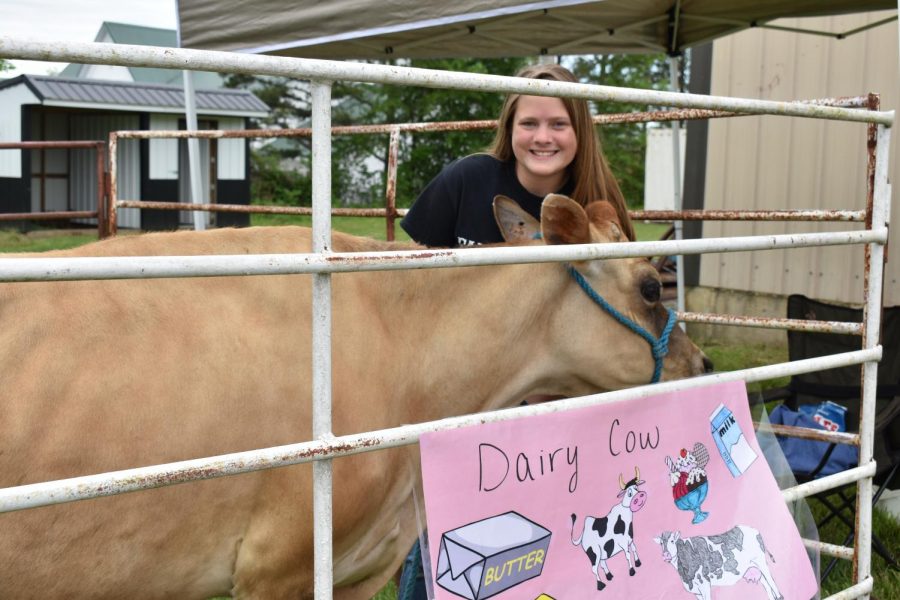Ag Issues: Gene Editing
November 3, 2020
For this agriculture issue topic, I wanted to research something different. I wanted to further my knowledge on certain issues that may not affect us here in Southwest Missouri. So I took to the American Farm Bureau website, and found the issues tab. While researching different possible topics, I came across one called ‘Gene Editing.’ This sparked my interest, as the definition of gene editing sounded similar to GMOs. I have previously written an article concerning GMOs, and how they are not as bad as they sound.
The Farm Bureau describes gene editing as, “Gene editing is a method of selective breeding, a practice as old as our need to grow our own food. Farmers have always bred crops and animals to draw out traits that make them more wholesome and sustainable.”
Gene editing, or really anything that has to do with improving the quality of food, was initially developed to help society’s arguably biggest challenge, preventing hunger throughout the world. Through gene editing, it is possible for scientists to develop fruit and vegetables that last longer, are less easy to bruise, and be more sustainable through nutrients. The Farm Bureau lists all of the positives for gene editing, like health, environmental, and crop benefits. However, they fail to talk about how this would directly impact farmers. This led me to question whether farmers are for gene editing, or how are they impacted by this.
According to Future Farming, farmers can see the pros and cons of using technology such as gene editing. Of course being able to feed more people globally would be a great use of this technology, however innovation such as gene editing comes with a high cost of production. Smaller farmers around the nation, and specifically to the Midwest, may not be able to take on the cost of gene editing to improve their yield. Another negative listed is the improper use of gene editing. Just like any other science experiment, not everything will go right the first time. This can be a major gamble for farmers, especially if they are already struggling with the cost of gene editing. The last con listed from farmers is the negative outlook consumers may have. Many people hear gene editing, or GMO, and are quick to assume that whatever was tested in a lab is not what is best for their health. Which couldn’t be any further from incorrect.
I enjoyed researching gene editing, and learning something new about agriculture. I believe that gene editing could improve agriculture, if the proper precautions were taken in improvising this technology. However, I do not think that gene editing will be something we see in crops here around the midwest until further research is done, and the cost can be lowered.
Information found from:
